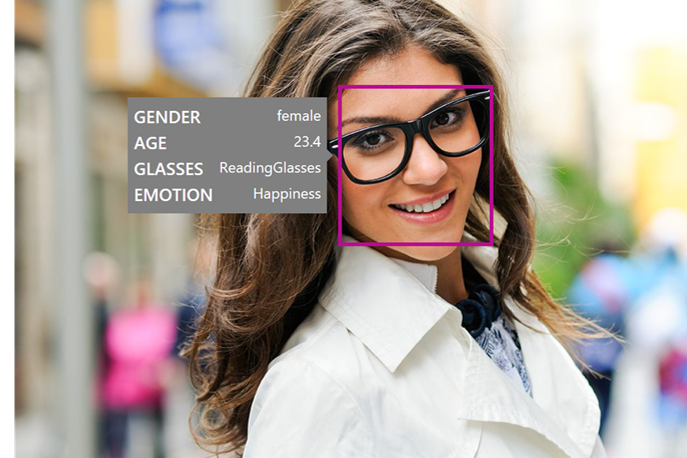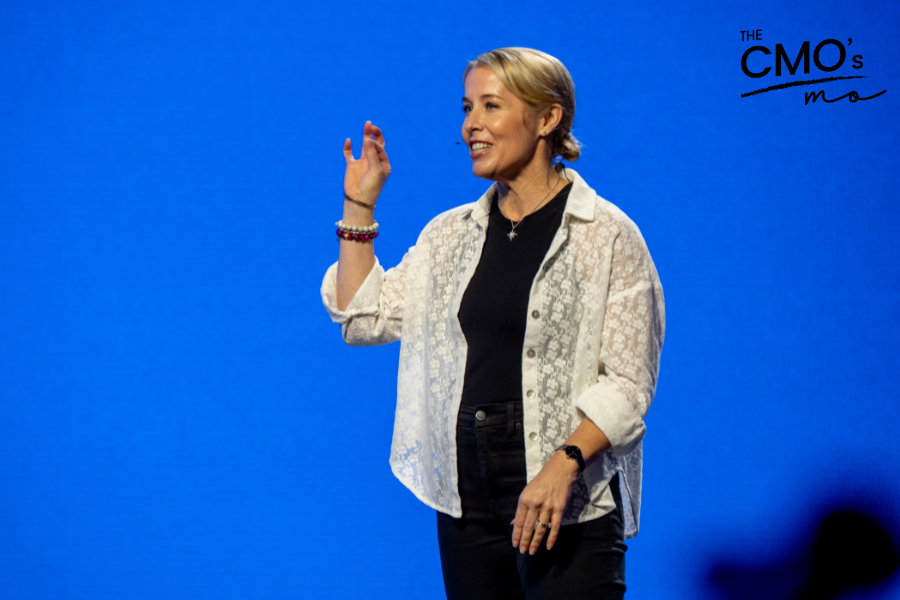With Amazon, Google, and IBM as competitors in cloud computing, big data, and artificial intelligence (AI), Microsoft is moving to triple down on what it sees as its strengths.
The company has announced advances in several tools that fall under a 'Cognitive Services' rubric, including Custom Vision Service, the Face API, and Bing Entity Search.
In a company blog post, Joseph Sirosh, corporate VP of AI at Microsoft, said that Cognitive Services are defined as “a collection of cloud-hosted APIs that let developers easily add AI capabilities for vision, speech, language, knowledge and search into applications, across devices and platforms such as iOS, Android and Windows.”
The purpose of the announcement is to extend reach, offering these tools to data scientists, developers, and advertisers interested to delve into AI with an existing Microsoft ecosystem. Businesses interested in introducing intuitive digital business models need not engage in myriad testing phases in order to find the best fit AI, and can instead rely on Cognitive Services, according to the company.
Custom Vision Service, which has moved from free preview to paid preview, allows advertisers to train a classifier with their own data, while exporting their own models in order to embed them into active applications, testing them in real time regardless of device operating systems.
A functionality that is well known to anyone using Facebook or Snapchat or an Android or iOS device, the Face API helps identify specific people, allowing developers working with advertisers with legacy systems around Microsoft to create groups of facial datasets in the millions.
Microsoft says that unlike existing variations, the Face API is scalable and not limited to a handful of faces.
Also available now is the Bing Entity Search API, which allows advertisers to embed search results from Bing into any application, going so far as retrieving results within an image or a site. Utilizing latent semantic indexing, the API can offer advertisers context on people, places, things, and local businesses, including TV shows, games, books, and movies.
"A social media app could augment users’ photos with information about the locations of each photo," said Sirosh. "A news app could provide entity snapshots for entities in the article."
Advertisers can include location information in photos that appear in social media stories as well.










